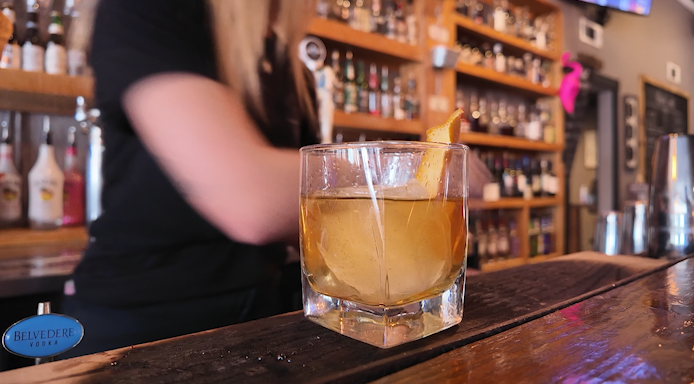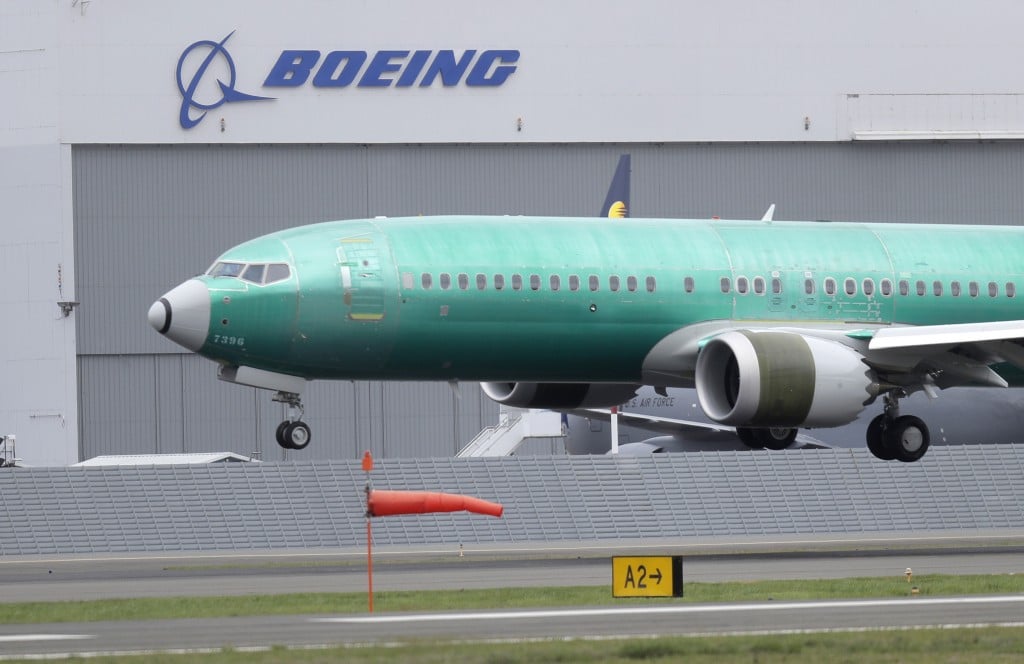Poultry stakeholders, environmental groups team up in the name of conservation
DELMARVA – Poultry industry stakeholders and environmentalists are teaming up to bring best practices to local farms.
Furnishing Funding
The Delmarva Chicken Association (DCA), Nanticoke Watershed Alliance, and Alliance for the Chesapeake Bay (ACB) have started cost-share programs in Chesapeake Bay watersheds across Delmarva, aiming to promote conservation.
The three organizations are providing more than $1 million, to match a three-year effort, supported by a $997,327 grant from the National Fish and Wildlife Foundation’s (NFWF) Chesapeake Innovative Nutrient and Sediment Reduction Grants Program. The program is administered through NFWF and the Environmental Protection Agency.
Cost of Conservation
Farmers awarded with the funding will be able to use it for improving natural buffers, precision nutrient management, conservation drainage, and litter management. Those who participate in the program can be eligible for complete cost coverage on conservation initiatives.
“We have a lot of growers who want to do more for their farm, that want to do more for conservation; but at the end of the day, some of these practices are costly,” said DCA Executive Director, Holly Porter. We want to be there to help streamline this process, and make it really simple for a grower to say, ‘This is what I want from conservation on my farm. How can I make it happen?'”
Bolstering Buffers, Planting Pollinators
The projects won’t be one-size-fits-all. Awardees could choose to plant trees around farm perimeters; or, farmers could plant natural buffers near retention ponds.
“The native plants really help to pull in any excess nutrients and dust,” said Nanticoke Watershed Alliance Executive Director, Lisa Wool. “But they also kind of filter out any of that possible dust and pollutants.”
Another mission is to create pollinator meadows on farms. To do so, farmers would have to plant native wildflowers in grassy areas. ACB Maryland Agriculture Projects Coordinator, Tyler Walston, says it won’t just help the environment; it will also help farmers cut costs and headaches.
“The farmer is also going to be getting a benefit of not having to mow a turf lawn every week or so,” said Walston. “It’s less cost for fuel and time to go out there.”
And, these practices may also be a benefit to the birds.
“We’re finding that Canada Geese are really spreading avian influenza to chicken flocks,” explained Walston. “They don’t want to be near areas where there are tall grass or vegetation.”
Outreach and Education
However, Wool says it’s not just about the physical steps taken.
“We will go out, talk to farmers, do a design plan for their farm, and then start to implement that,” Wool said. “We go out there, check in with them every so often to see how things are going; have they had any die off? Are there some areas that we need to look at differently? We’re really there with them for the long haul, to make sure that these farms can be run as environmentally sustainable as possible.”
Continuing that outreach and education will be crucial to the overall mission, says Porter. On Wednesday, April 3rd, DCA officials will be on and at the 2024 Poultry Grower Expo in Princess Anne. And in June, the DCA plans to hold field days, where farmers can visit others who are already engaged in conservation practices.
“At the end of the day, everybody wants a good, clean, healthy environment, and everybody wants to eat,” Porter said. “There’s no reason why they can’t go hand-in-hand.”


